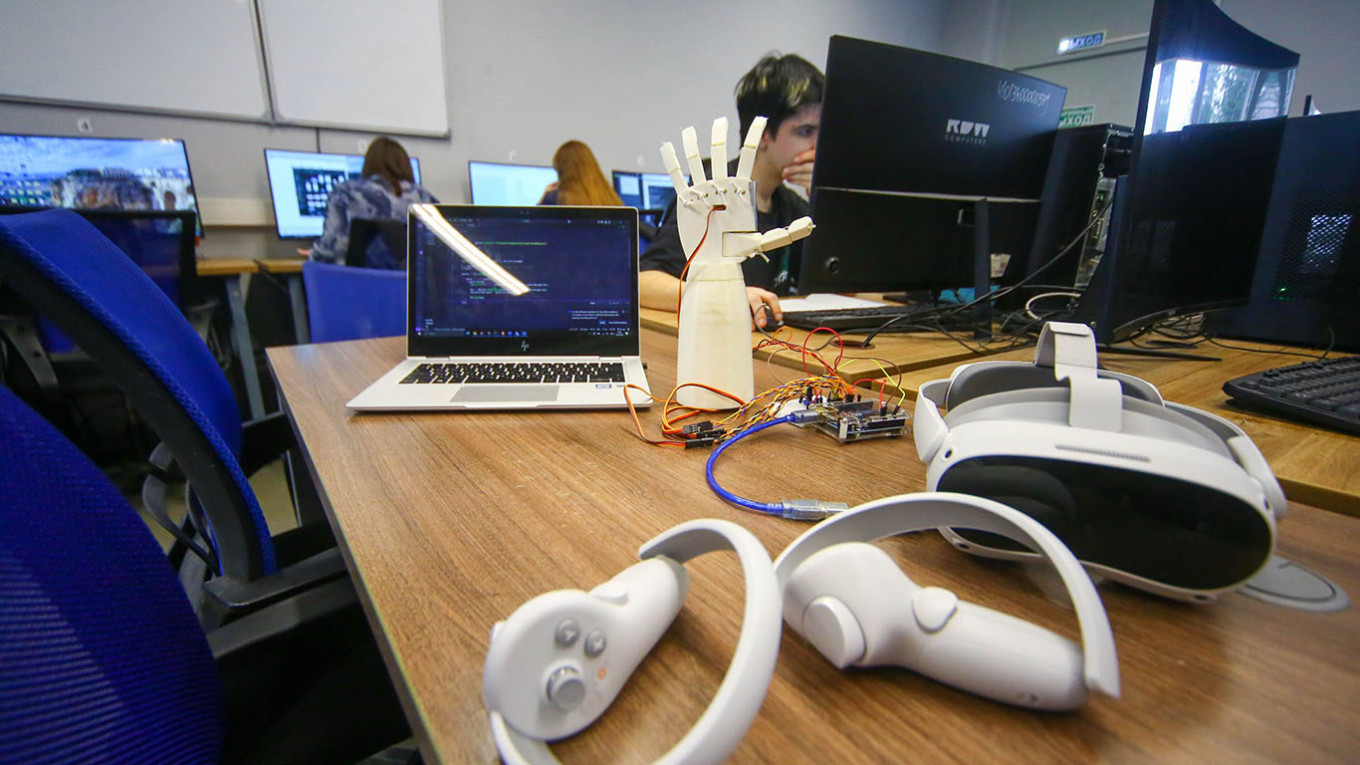Russia and Belarus are set to collaborate on the development of an artificial intelligence system based on what officials refer to as “traditional values,” as reported by the Belarusian state news agency BelTA on Friday.
Sergei Glazyev, secretary of the supranational Union State, which encompasses both nations, stated, “The objective is to create a sovereign AI system that is trustworthy, reliable, and capable of delivering objective information.”
Glazyev expressed concern that the younger population is becoming increasingly “susceptible to manipulation” by foreign AI models, particularly those originating from the U.S. and China.
He mentioned that recent evaluations of Western AI systems uncovered that a notable chatbot exhibited racist and extremist behaviors, including the promotion of fascism, although he did not provide specific instances or evidence.
According to Glazyev, the intention is to foster entrepreneurship and innovation while upholding “fundamental and traditional values.”
Although he did not elaborate on what constitutes traditional values, Glazyev claimed that entrepreneurship devoid of these principles turns “destructive, senseless, and harmful.”
This announcement coincides with escalating efforts by Moscow and Minsk to establish technological and ideological autonomy from Western influence. In response to the invasion of Ukraine and subsequent widespread sanctions, Russia has notably intensified its pursuit of digital sovereignty.
Simultaneously, independent researchers have raised concerns about the transparency and openness of AI systems developed in Russia.
A recent investigation by Ghent University in Belgium revealed that Russia’s leading language models, YandexGPT and GigaChat, displayed the highest levels of political censorship compared to 14 other major AI models worldwide, including those from China.
The researchers found that these Russian models frequently avoided addressing politically sensitive inquiries, often stating that they could not discuss certain topics or advising users to seek information from alternative sources.

